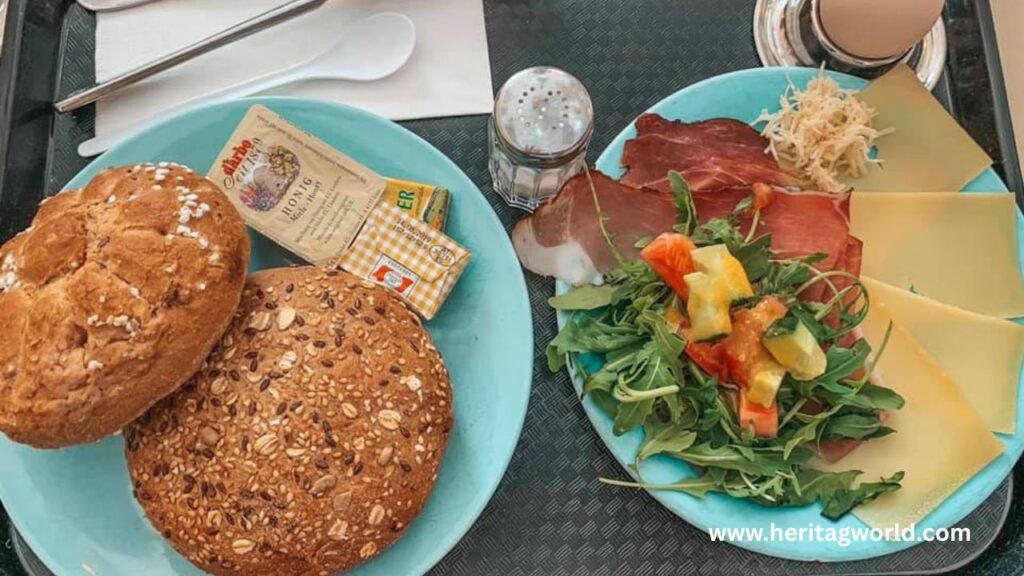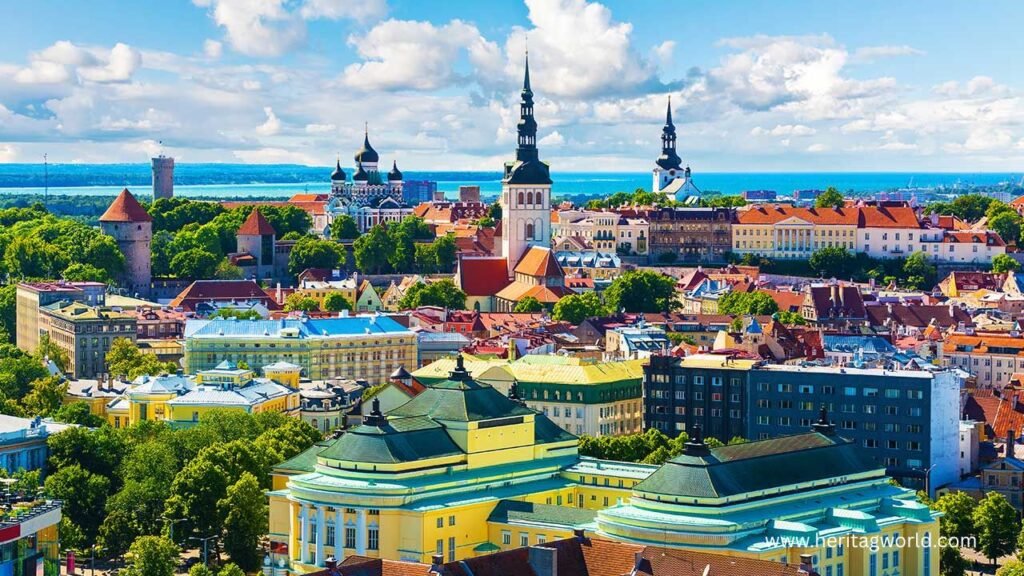When I travelled to Europe for the first time, Biggest Culture Shock Going To Europe. I was excited but also a little nervous. I had seen pictures of beautiful cities like Paris, Rome, and Amsterdam, but I never imagined how different life would feel once I got there. The biggest culture shock for me was how independent and free people were in their daily lives.
Biggest Culture Shock Going To Europe
What Is Culture Shock?
Culture shock means the feeling of confusion or surprise we get when we see something very different from our own culture. It happens when we go to a new country and notice new habits, rules, and lifestyles.
Chart: Cultural Differences I Noticed in Europe
| Topic | India | Europe |
|---|---|---|
| Talking to strangers | Very common, friendly | Rare unless necessary |
| Food habits | Hot and spicy food, fresh home-cooked | Cold food like sandwiches, more packaged |
| Daily routine | Family time in the evening | Work-life balance, early dinner |
| Transport | More personal vehicles, auto rickshaws | Public transport is common and punctual |
| Respect for rules | Flexible with rules | Strictly follow traffic and social rules |
| Shops and markets | Open late, crowded, bargaining allowed | Close early, fixed price, very quiet |
Biggest Culture Shock in Europe: Classes in a Bar!

When I travelled to Europe for studies, I expected new buildings, different food, and cold weather. But I never thought my biggest shock would be… going to class in a bar! Yes, really every Friday at 10 in the morning, our entire class met at a local bar instead of a classroom.
At first, I thought it was a joke. In India, bars are seen as places where only adults go in the evening, usually for drinks and music. But in Europe, some bars are quiet in the morning and used as meeting places. The professor told us it would be a relaxed discussion-based class, and the bar was just a casual place with tables and chairs almost like a café.
What Was the Class Like?
On Friday mornings, we’d walk into the bar, and the bartender would already have the place open for us. Some students ordered coffee or juice, while others just sat and chatted quietly. We didn’t drink alcohol — this was still a class! Our professor would join us, and we’d sit in a big circle talking about that week’s topic.
It felt strange in the beginning. In India, education is very formal: we sit in rows, we call our teachers “Sir” or “Ma’am,” and we follow rules strictly. But this class felt like a friendly discussion. We could speak freely, share ideas, and even disagree with the professor — respectfully, of course.
Why It Was a Culture Shock
- The setting: A bar is never used for class in India!
- The timing: 10 AM? That’s usually chai time, not bar time!
- The atmosphere: Relaxed, open, and informal. No pressure to raise hands or be “perfect.”
In Indian schools, we are often told to be quiet, sit straight, and speak only when asked. But here, students were encouraged to ask questions, laugh, and even debate. I was surprised, but I also enjoyed it. It felt like education was about sharing thoughts, not just memorising books.
What I Learned
This unusual experience taught me something powerful: learning can happen anywhere. You don’t always need blackboards and uniforms. What matters most is your curiosity and the way you think.
I also learned that in Europe, many people believe in open thinking and freedom of expression. Students are treated more like adults, and learning is about conversation, not fear.
Message to Other Students
If you ever get a chance to study abroad or travel, remember this:
- Be open to new experiences.
- Don’t judge things too quickly.
- Ask questions and enjoy learning in new ways.
At first, it might feel strange. But soon, you’ll realise the world is full of new ideas — even in the most unexpected places… like a bar at 10 AM
Quick Recap: What Shocked Me Most
| Culture Element | India | Europe (My Class Experience) |
|---|---|---|
| Classroom location | School, college | A local bar or café |
| Classroom style | Formal, quiet, teacher-led | Informal, open, student-led discussions |
| Time for class | Morning classes in classrooms | Sometimes morning classes in public bars |
| Teacher-student relation | Very formal | Friendly, open |
| Learning method | Notes, textbooks | Talk, debate, real-life examples |
Facts
According to a 2023 study by the European Travel Commission, more than 60% of visitors from South Asia said they experienced culture shock due to:
- Punctuality and time management
- Food habits
- Communication styles
- Personal space and privacy
Another interesting fact: Europeans value privacy a lot. In countries like Sweden or Germany, people don’t easily share personal stories unless they know you well. For me, this was very different, because in my hometown, even the shopkeeper might ask, “How’s your mother?”
A Funny Culture Shock Moment
One day in Italy, I ordered a pizza and asked for ketchup. The waiter looked shocked! He politely said, “In Italy, we do not put ketchup on pizza.” I smiled and said, “Okay, I’ll try it your way.” And honestly, it was delicious. I didn’t miss the ketchup after that.
What I Learned
Even though things felt strange at first, I slowly began to enjoy the differences. I learned to be more independent, respect others’ space, and appreciate simple things like a peaceful walk or drinking coffee at a café. I also learned how different cultures have their own beauty.
Tips for Dealing with Culture Shock

- Keep an open mind – Not everything has to be the same as home.
- Be polite and observe – Watch how people behave.
- Ask questions – If confused, just ask! People are often happy to explain.
- Try local food – It’s the best way to understand a culture.
- Share your culture too – Talk about India. People love hearing about different countries.
Conclusion
Going to Europe was like opening a new window in my life. At first, I missed home a lot. But I also discovered new ways of living, thinking, and growing. The biggest culture shock turned into the biggest learning experience of my life. I hope every student gets to travel one day — not just to see new places, but to see the world with new eyes.
FAQs
Q1: How can students deal with culture shock in a new country?
Here are some easy tips:
- Be curious and learn about their culture.
- Be respectful and follow local rules.
- Try new things like local food or customs.
- Talk to local people politely and ask questions.
- Stay connected with your family or friends to feel better.
Culture shock is not a bad thing. It helps us grow, learn, and become more open-minded.
Q2: Why is food a culture shock in Europe?
In Europe, many people eat cold meals like sandwiches for lunch, and their food is less spicy. In India, we are used to hot, fresh, and spicy meals. Also, some Europeans eat dinner very early — around 6 or 7 pm — which surprised me a lot!

